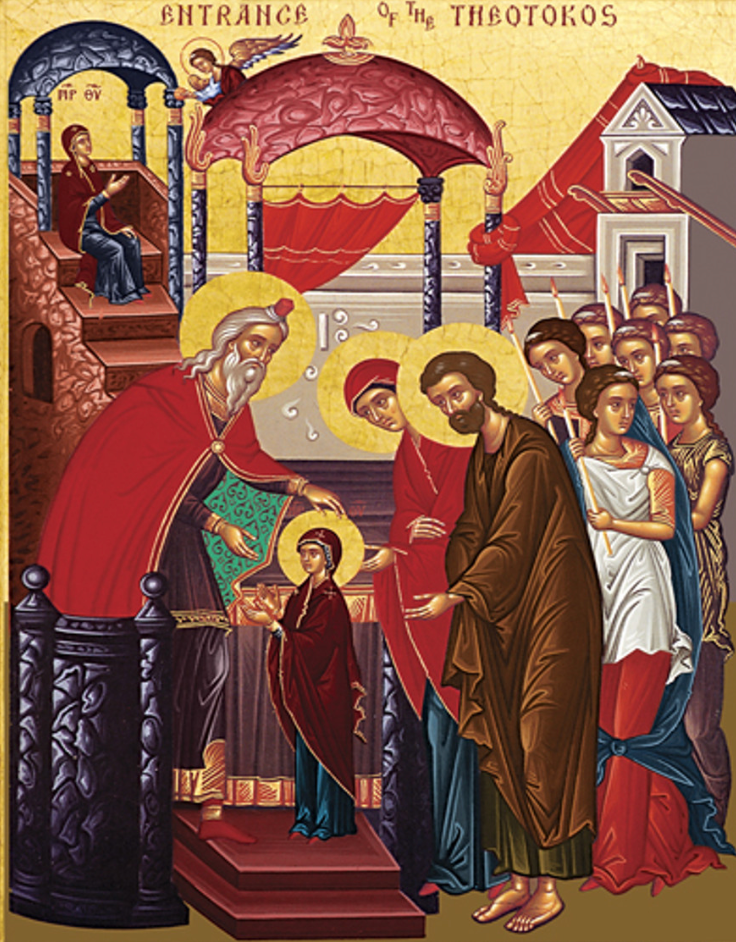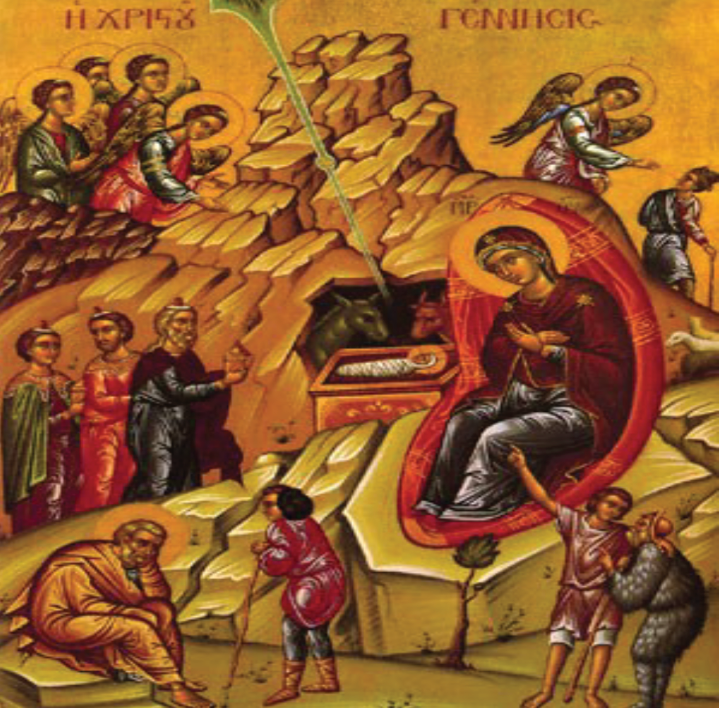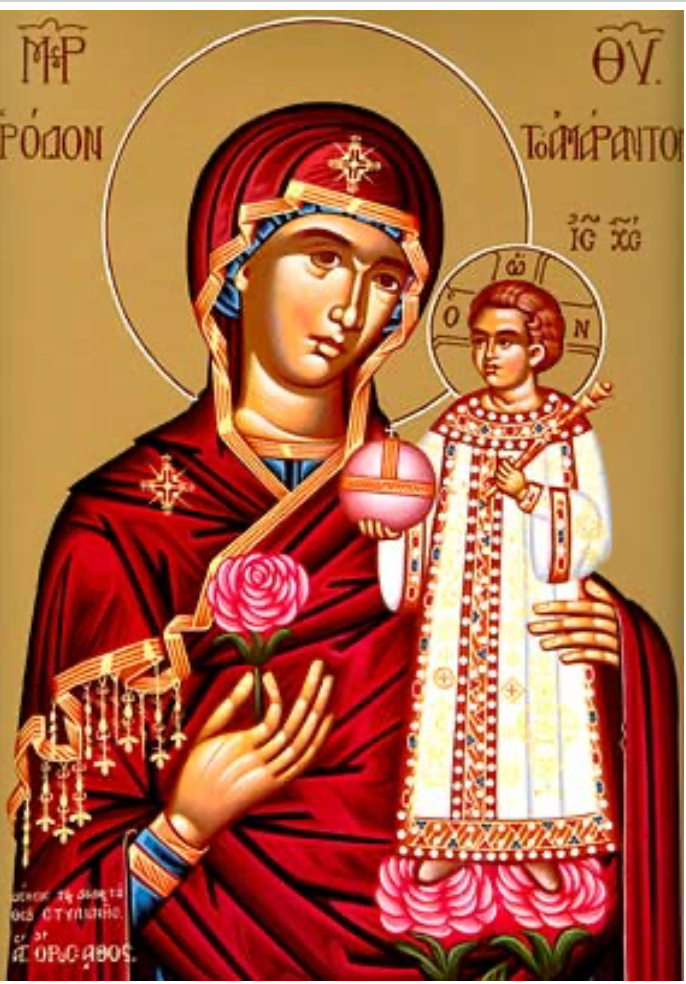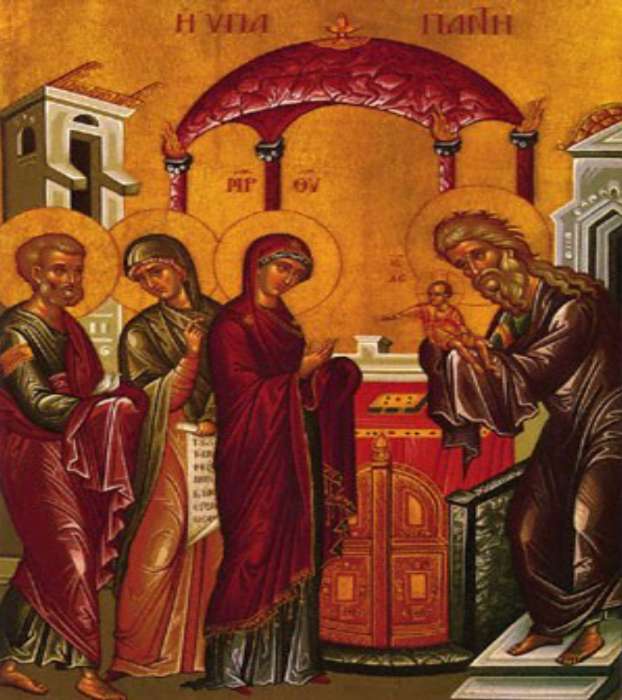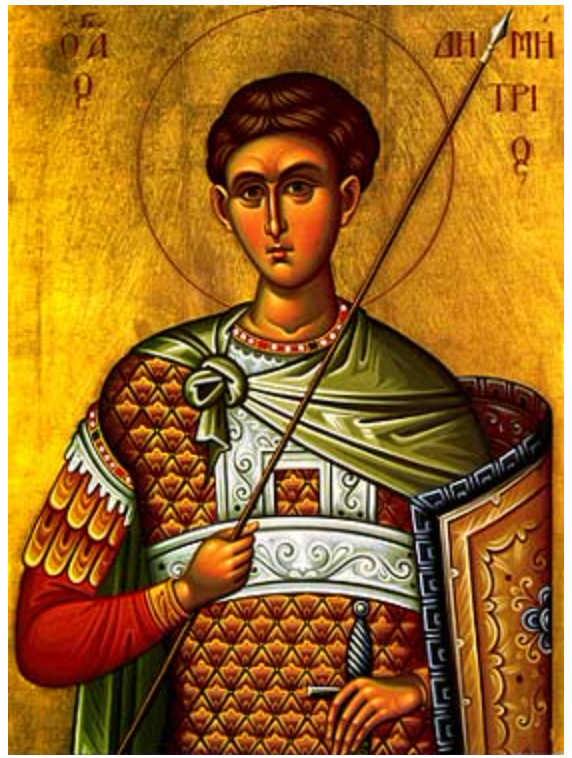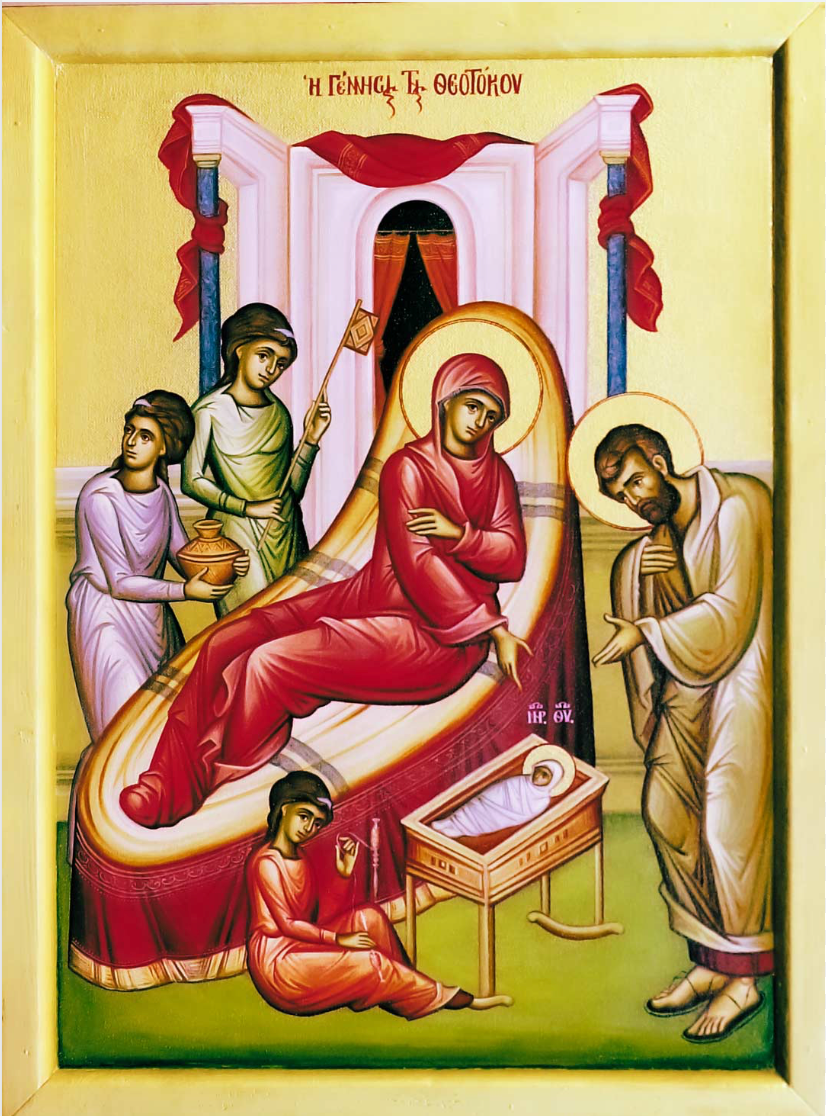Orthodox Celebration of Pascha
Before midnight on Saturday evening, the Odes of Lamentation of the previous day
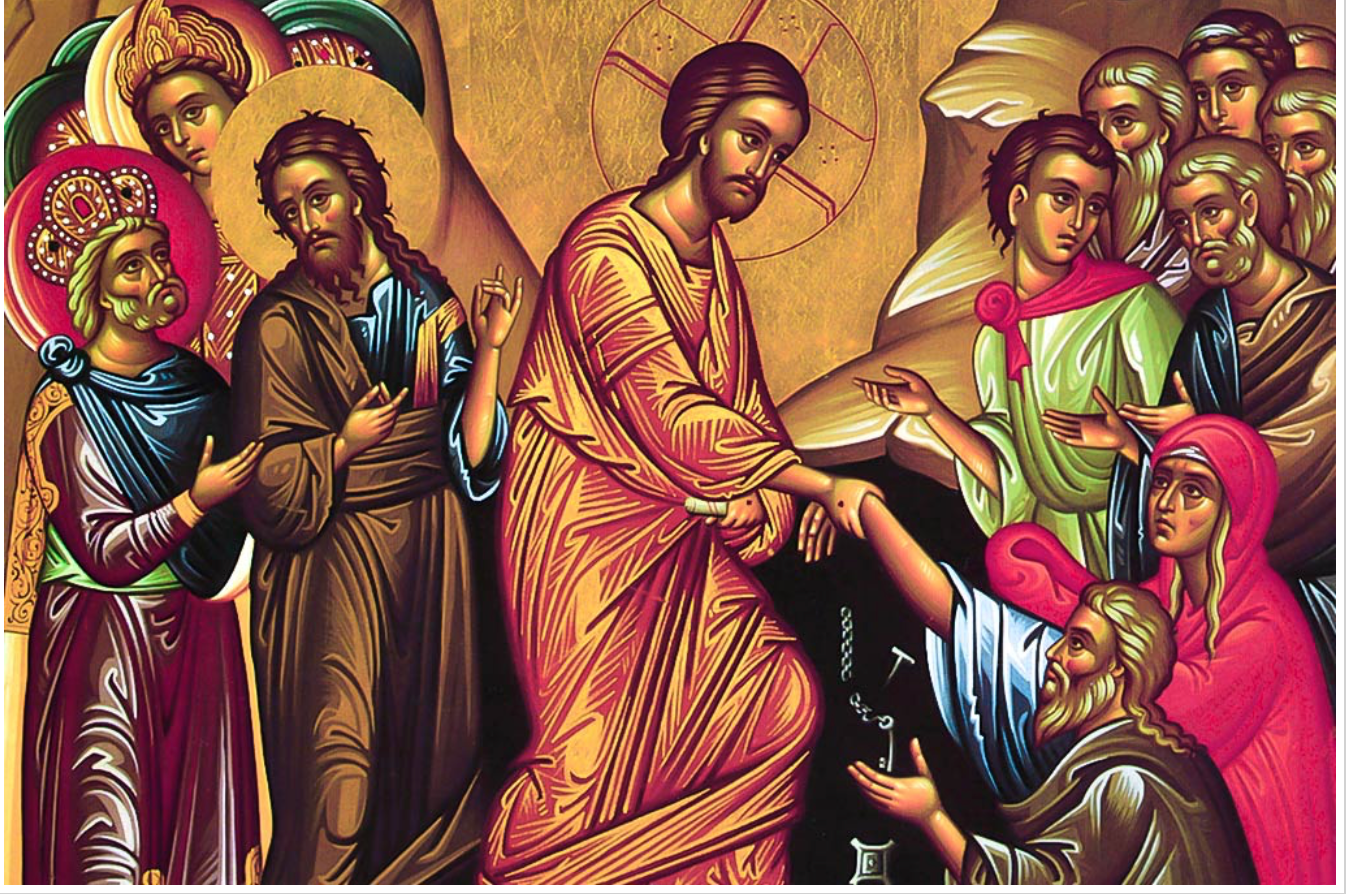
Before midnight on Saturday evening, the Odes of Lamentation of the previous day are repeated. The Orthros of the Resurrection begins in complete darkness. The priest takes light from the vigil light and gives it to the faithful, who are holding candles. The priest sings: “Come ye and receive light from the unwaning light, and. glorify Christ, who arose from the dead”, and all the people join him in singing this hymn again and again. From this moment, every Christian holds the Easter candle as a symbol of his vivid, deep faith in the Resurrection of Jesus Christ as Savior. In many churches the priest leads the people outside the church, where he reads the Gospel which refers to the Angels statement: “He is Risen; He is not here,” (Mark 16:1-8).
Then comes the breathless moment as the people wait for the priest to start the hymn of Resurrection, which they join him in singing, repeatedly: “Christ has Risen from the dead, by death trampling upon Death, and has bestowed life upon those in the tombs”. From this moment the entire service takes on a joyous Easter atmosphere. The hymns of the Odes and Praises of Resurrection which follow are of superb meaning and expression. The people confess, “It is the Day of Resurrection, let us be glorious, let us embrace one another and speak to those that hate us; let us forgive all things and so let us cry, Christ has arisen from the dead”. By this hymn they admit that love of one’s fellowman is the solid foundation of the faith in the Resurrection of Christ.
The Divine Liturgy of Saint John Chrysostom is then officiated. At the end of the Liturgy, a part of the marvelous festival sermon of Saint Chrysostom is read, which calls upon the people to “Take part in this fair and radiant festival. Let no one be fearful of death, for the death of the Savior has set us free . . . O Death, where is thy sting? O Hades, where is Thy victory? Christ is Risen and Thou art overthrown. To Him be glory and power from all ages to all ages.”
The Scripture readings for the Divine Liturgy are: Acts 1:1-8 and John 1:1-17.
On Easter Sunday afternoon the faithful gather once more for prayer with lighted candles. All sing the hymn, “Christ is Risen from the Dead”. The people greet one another joyously, saying: “Christ is Risen”, the Easter salutation which is answered, “Truly He is Risen”. They sing, “the dark shadows of the Law has passed away by the coming of grace”, and standing in exaltation they exclaim, “Who is so great a God as our God?”
The Gospel according to John (20:19-25) is read in various languages, proclaiming the Good News of Resurrection all over the universe without discrimination. The fruit of faith in the Resurrection of the Lord is love in His Name; therefore, this day is called “Sunday of Agape” (love feast), a day dedicated to Christian principles, especially to forgiveness and charity. At this time, Christians seek to end misunderstanding and arguments among those whom they may be at odds. Apostle Paul firmly interprets the Resurrection of Christ, saying: “If Christ has not been raised, then our preaching is in vain and your faith is in vain” (1 Corinthians 15:14). The Church also states in its Creed, “The Third day He rose again.”
